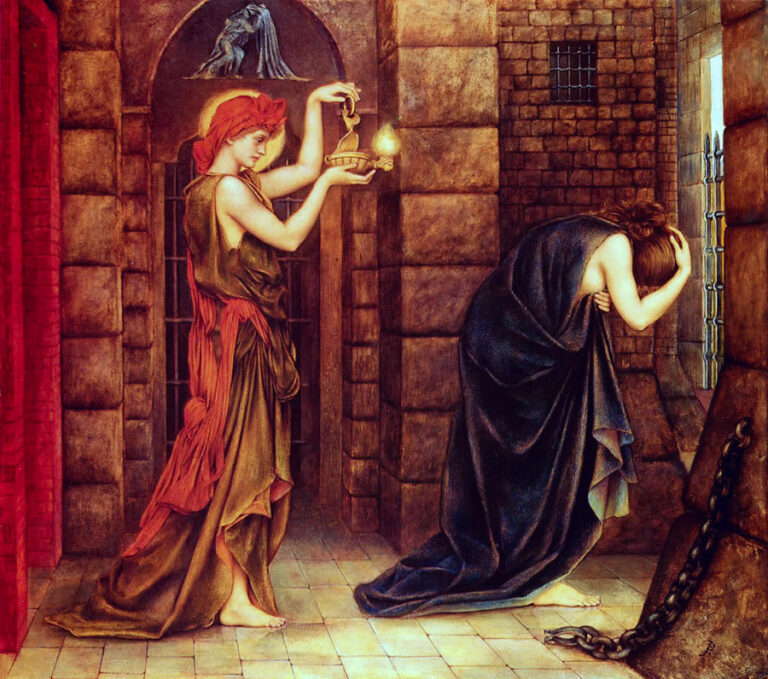In a world of negation, it is exhilarating to imagine possibilities. Such is evident in the strain of critique that asserts there is something radically productive in opening up possibilities. This makes sense: critical theory seeks to illuminate something beyond endless torrents of death and destruction. But, this essay contends, the thrill of possibility-creation has created a new aporia: the affect gesture of possibility risks overshadowing the realization of radical possibilities. Various strains of scholarship presume that scholarly politics is a matter of perceiving and awakening possibilities. The impulse is most readily clear in utopianist scholarship like that of José Esteban Muñoz, but it’s also evident in work by Saidiya Hartman, Eve Kosofsky Sedgwick, and even Rita Felski. All these materials propose that cultural materials can coordinate possible worlds, and by extension, scholarship competency is to schematize them. But, I argue, the scholarship that follows these thinkers risks becoming trapped by possibility. It’s captivating to imagine new ways of being or living or knowing, but there exists neither the professional incentive nor the affective discipline to realize those possibilities. In our reverie at imagining the construction of a better world, our blueprints don’t necessarily reach the builder—and the indulgence of possibility risks sliding back into despair. This essay does not argue for dismissing the scholarship above, but rather suggests we haven’t read them well enough. Muñoz, Hartman, and Sedgwick are not drunk on hope; their openness to possibility comes from the mute agony of living in an unlivable world. Although a variety of material factors stand in the way of scholar-activism, this affective trap remains one of the most pressing—for if we do not recognize the feelings that structure political scholarship, we will only be playing a language game, projecting possibilities that could never come to fruition.
Articles by Ryan Carroll
Ryan Carroll is a PhD student in English and Comparative Literature at the University of North Carolina at Chapel Hill. He researches literary theory, information theory and narrative in nineteenth-century British, American, and Caribbean literature; his dissertation studies how information plays a formally constitutive role in works of sensation fiction, American Romanticism, slave narratives, investigative journalism, and more.
